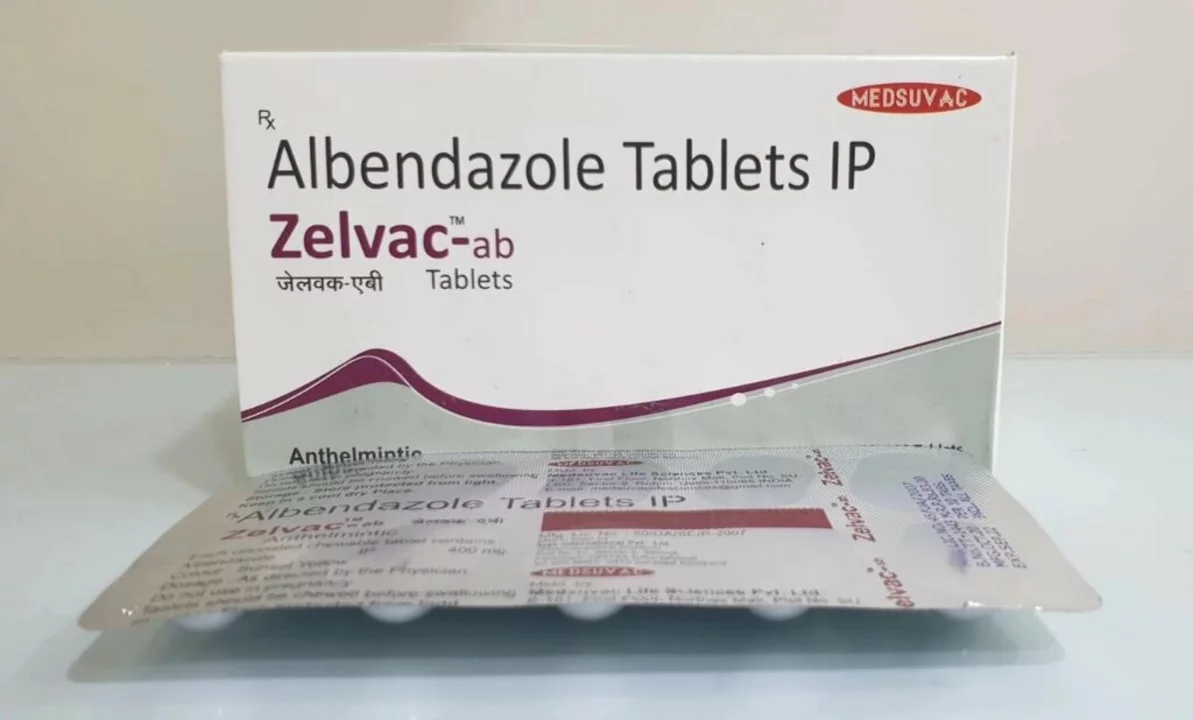Hookworm Infections: What You Need to Know
If you’ve ever walked barefoot on warm soil, you might wonder why doctors warn about hookworms. These tiny parasites live in the intestines and can cause real health problems, but they’re easy to avoid once you know how they work.
How Hookworms Affect Your Body
Hookworms enter the body when larvae on contaminated soil bite or penetrate bare skin—usually the feet. Once inside, they travel through the bloodstream to your lungs, cause a brief cough, then get swallowed and settle in the small intestine.
In the gut, adult worms latch onto the lining and feed on blood. That’s why common signs include itchy rash at the entry site, coughing, stomach cramps, and—most importantly—iron‑deficiency anemia. You might feel unusually tired, notice pale skin, or see a drop in your energy levels.
Not everyone gets symptoms right away. Some people carry hookworms for months before feeling any effects, which makes early detection tricky.
Stopping Hookworm: Treatment & Prevention
The good news is treatment is short and effective. Doctors usually prescribe a single dose of albendazole (400 mg) or mebendazole (500 mg). These medicines kill the adult worms, and most people feel better within a few days.
If you’ve developed anemia, iron supplements and a diet rich in leafy greens or red meat can help your blood recover faster. Follow up with a stool test after treatment to be sure all parasites are gone.
Prevention starts with simple habits:
- Wear shoes or flip‑flops when walking on soil, sand, or grass—especially in tropical areas.
- Keep your yard and playgrounds clean; avoid using human feces as fertilizer.
- Wash hands and feet thoroughly after being outdoors.
- If you have pets, make sure they’re dewormed regularly to reduce cross‑contamination.
For travelers, bring a sturdy pair of shoes and consider an over‑the‑counter anti‑parasitic if you’ll be in high‑risk zones for weeks. Staying informed about local sanitation conditions can save you a lot of trouble later.
Hookworm infections are common but not inevitable. By understanding the life cycle, watching for early symptoms, and taking basic protective steps, you can keep these parasites out of your gut and stay healthy.

